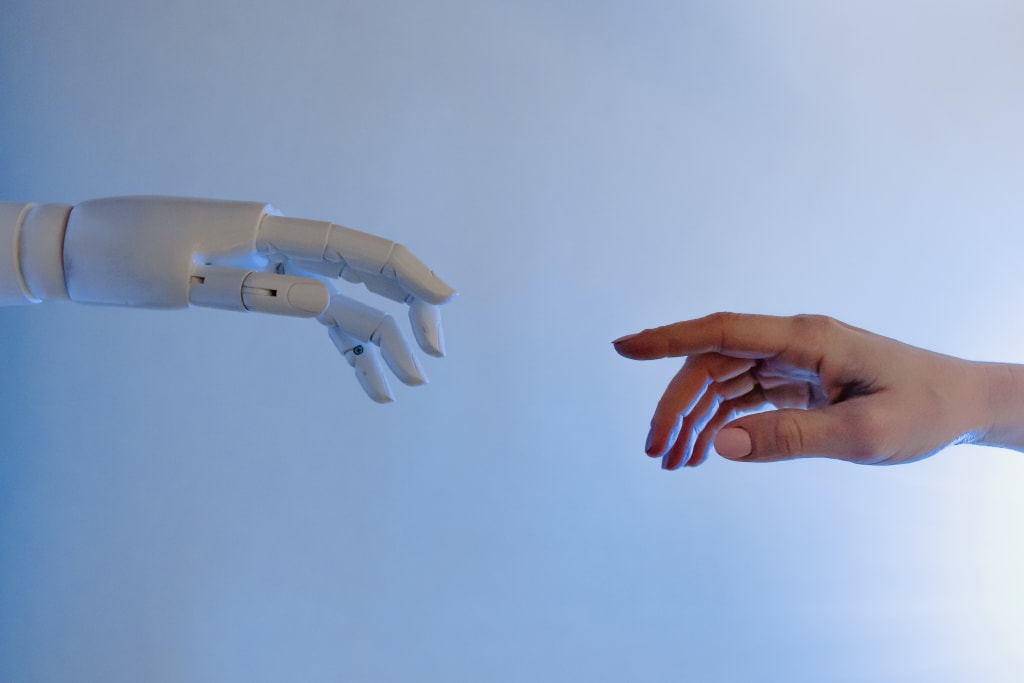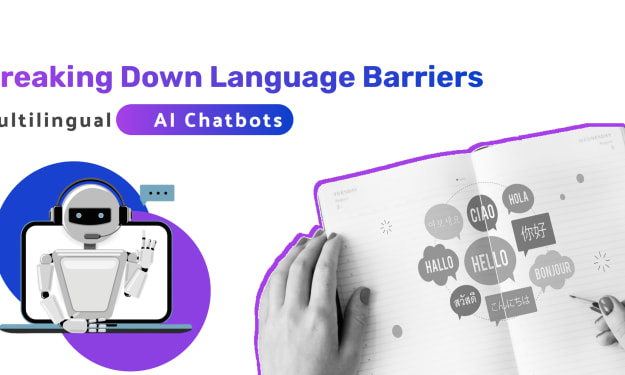Robot Companions: Exploring the Potential of Robotic AI
Redefining Human-Technology Interaction for a Brighter Future

In the realm of science fiction, we often envision a future where humans coexist with intelligent robots, forming meaningful connections and relying on them as trusted companions. While this futuristic vision may seem far-fetched, recent advancements in robotic artificial intelligence (AI) have brought us closer to realizing the potential of robot companions in our everyday lives. In this article, we delve into the exciting world of robotic AI, exploring its current capabilities, real-life examples, and the transformative impact it can have on society.
1. The Rise of Robotic AI:
Robotic AI represents the convergence of robotics and artificial intelligence, enabling machines to perceive, learn, and interact with humans and their surroundings in increasingly sophisticated ways. Through advanced sensors, machine learning algorithms, and natural language processing, robots are becoming more than mere tools and evolving into interactive and intelligent entities.
Real-Life Example: Pepper, developed by SoftBank Robotics, is a humanoid robot designed to engage with people in various social contexts. It can recognize and respond to human emotions, carry out conversations, and provide information, making it an ideal companion for tasks such as customer service or assisting in healthcare settings.
2. Enhancing Everyday Life:
Robot companions have the potential to revolutionize various aspects of our daily routines, enhancing productivity, improving healthcare outcomes, and providing emotional support. By integrating robotic AI into our lives, we can redefine human-technology interaction and create a more connected and efficient future.
a) Assistive Technologies: Robots can assist individuals with disabilities or age-related limitations, promoting independence and quality of life. They can help with tasks such as household chores, medication reminders, or even providing companionship to alleviate loneliness.
b) Healthcare and Therapy: Robotic AI can support healthcare professionals by monitoring vital signs, providing remote consultations, and assisting in rehabilitation exercises. Robots like Paro, a therapeutic robot seal, have shown significant benefits in reducing stress and improving the well-being of patients, particularly in elderly care settings.
3. Collaborative Workforce:
In addition to personal use, robot companions can also revolutionize the workplace by collaborating with humans in various industries. By automating repetitive or dangerous tasks, robots free up human workers to focus on more creative and complex endeavors, fostering innovation and increasing productivity.
Real-Life Example: In the automotive industry, collaborative robots, or cobots, work alongside human workers to perform tasks that require precision and strength. This partnership between humans and robots enhances efficiency, safety, and overall productivity.
4. Ethical Considerations:
As we explore the potential of robot companions, it is crucial to address ethical considerations to ensure responsible development and deployment. Questions about privacy, data security, and the impact on employment require thoughtful analysis and regulation to strike a balance between technological progress and societal well-being.
5. Cultivating Emotional Connections:
One of the most intriguing aspects of robot companions is their ability to form emotional connections with humans. Although they are machines, their advanced AI allows them to perceive and respond to human emotions, enabling a new form of companionship that goes beyond traditional human-human interactions.
Real-Life Example: The Lovot robot, developed by Groove X, is designed explicitly to provide emotional support and companionship. With its adorable appearance and interactive features, Lovot has gained popularity as a robot companion that can bring comfort and joy to individuals.
Conclusion:
Robot companions powered by advanced AI have the potential to reshape our relationship with technology and redefine the boundaries of human-robot interaction. From enhancing our daily lives to transforming industries, these intelligent machines offer exciting possibilities. However, it is essential to approach their development and integration with careful consideration of ethical implications. As we navigate this frontier, we must balance innovation with the
values that make us human, ensuring that robot companions enrich our lives while preserving our unique human experiences.





Comments
Godzilla 1988 is not accepting comments at the moment
Want to show your support? Send them a one-off tip.